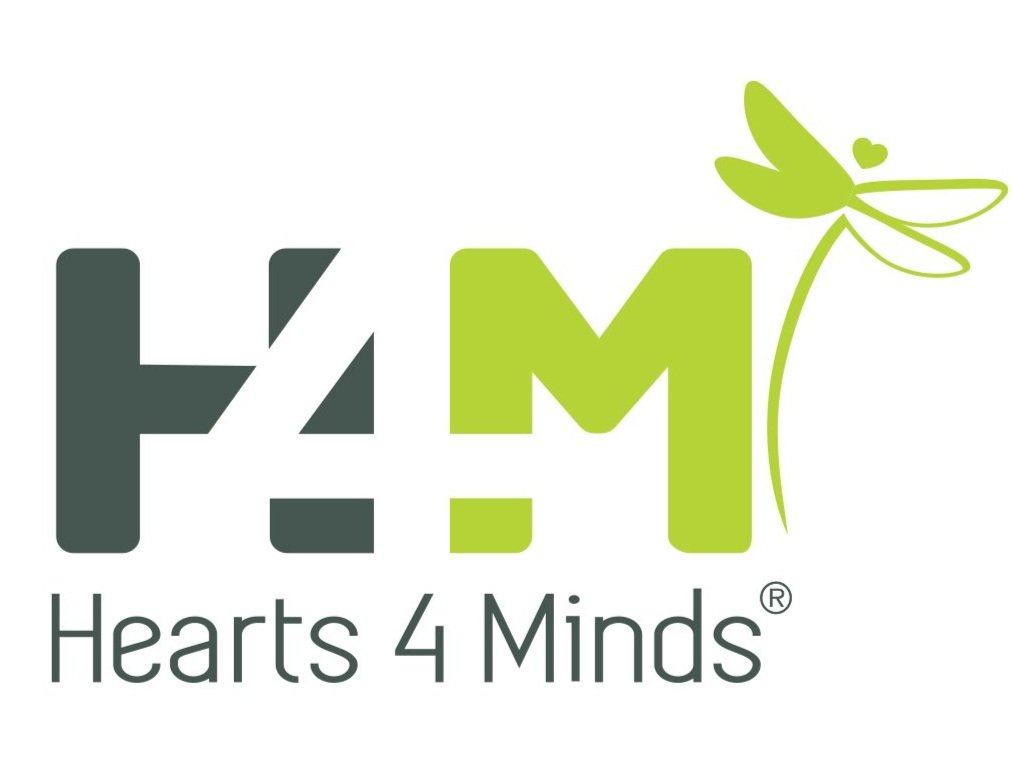
Quick Facts & Statistics About Mental Health
Welcome to our comprehensive compilation of quick facts and statistics about mental health. Here, we've gathered key insights and data to shed light on the various facets of mental health. These facts serve as a resource for understanding the prevalence, challenges, and impact of mental health conditions on individuals and communities.
Whether you're seeking information for personal awareness, academic purposes, or advocacy efforts, this curated collection aims to foster a deeper understanding of mental health issues.
Explore the statistics, broaden your knowledge, and join us in our commitment to raising awareness and promoting mental well-being.
1 in 5
Close to 1 in 5 Americans will be diagnosed with a mental health condition within the year.
(Source)
Nearly 46% of Americans will meet the criteria of a diagnosable mental health condition at some point in their life, while half of them will have developed their condition by the age of 14.
(Source)
Over 50 million US Adults are experiencing a mental health condition.
(Source)
Almost 20% of US Adults have been diagnosed with a mental health condition.
(Source)
Anxiety
Anxiety Disorders are among the most common mental illnesses in America.
To learn more, please visit Anxiety Disorders.
7.74% of US Adults have been diagnosed with a Substance Use Disorder in the past year.
(Source)
19 million of US Adults have been diagnosed with a Substance Use Disorder in the past year.
(Source)
4.08% of US Youth have been diagnosed with a Substance Use Disorder in the past year.
(Source)
1 million US Youth have been diagnosed with a Substance Use Disorder in the past year.
(Source)
Depression
Major Depression is one of the most common mental illnesses.
To learn more, please visit Mental Health Conditions.
8.4% of US Adults have been diagnosed with Major Depression.
(Source)
21 million US Adults have been diagnosed with Depression.
(Source)
15.1% of US Youth aged 12-17 have been diagnosed with Major Depression
(Source)
3.7 million US Youth aged 12-17 have been diagnosed with Major Depression.
(Source)
10.6% of US Youth have been diagnosed with Severe Depression.
(Source)
2.5 million US Youth have been diagnosed with Severe Depression.
(Source)
Post-Traumatic Stress Disorder (PTSD)
To learn more, please visit PTSD (Post Traumatic Stress Disorder).
Prevalence of Mental Health Conditions in Specific Populations
To learn more, please visit Mental Health Conditions.
Multiracial:
25% of people who identify as being two or more races have been diagnosed with a form of Mental Illness.
(Source)
LGBTQIA+ Community:
39% of Individuals who identify as LGBTQIA+ have been diagnosed with a form of Mental Illness.
(Source)
5.8 million Individuals who identify as LGBTQIA+ have been diagnosed with a form of Mental Illness.
(Source)
If you are interested in learning more about LGBTQIA+ Mental Health, we invite you to review this Mental Health America report.
56% of adults with Mental Illness did not receive any amount of mental health treatment.
(Source)
27 million adults with Mental Illness did not receive any amount of mental health treatment.
(Source)
24.7% of adults with Mental Illness reported that they tried to pursue treatment, but cannot get treatment.
(Source)
12.2 million adults with Mental Illness reported that they tried to pursue treatment, but cannot get treatment.
(Source)
60.3% of youth with Depression did not receive any amount of mental health treatment.
(Source)
2.17 million youth with Depression did not receive any amount of mental health treatment.
(Source)
27.2% of youth with Severe Depression received some consistent mental health treatment.
(Source)
661,000 youth with Severe Depression received some consistent mental health treatment.
(Source)
The ratio of individuals in a state to available mental health providers is 504 to 1
(Source)
11.1% of US Adults with Mental Illness are Uninsured.
(Source)
5.5 million US Adults with Mental Illness are Uninsured.
(Source)
8.1% of youth have private insurance that does not cover mental or emotional problems.
(Source)
950,000 youth have private insurance that does not cover mental or emotional problems.
(Source)
